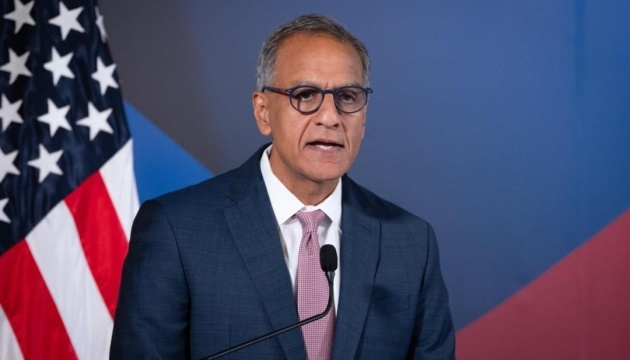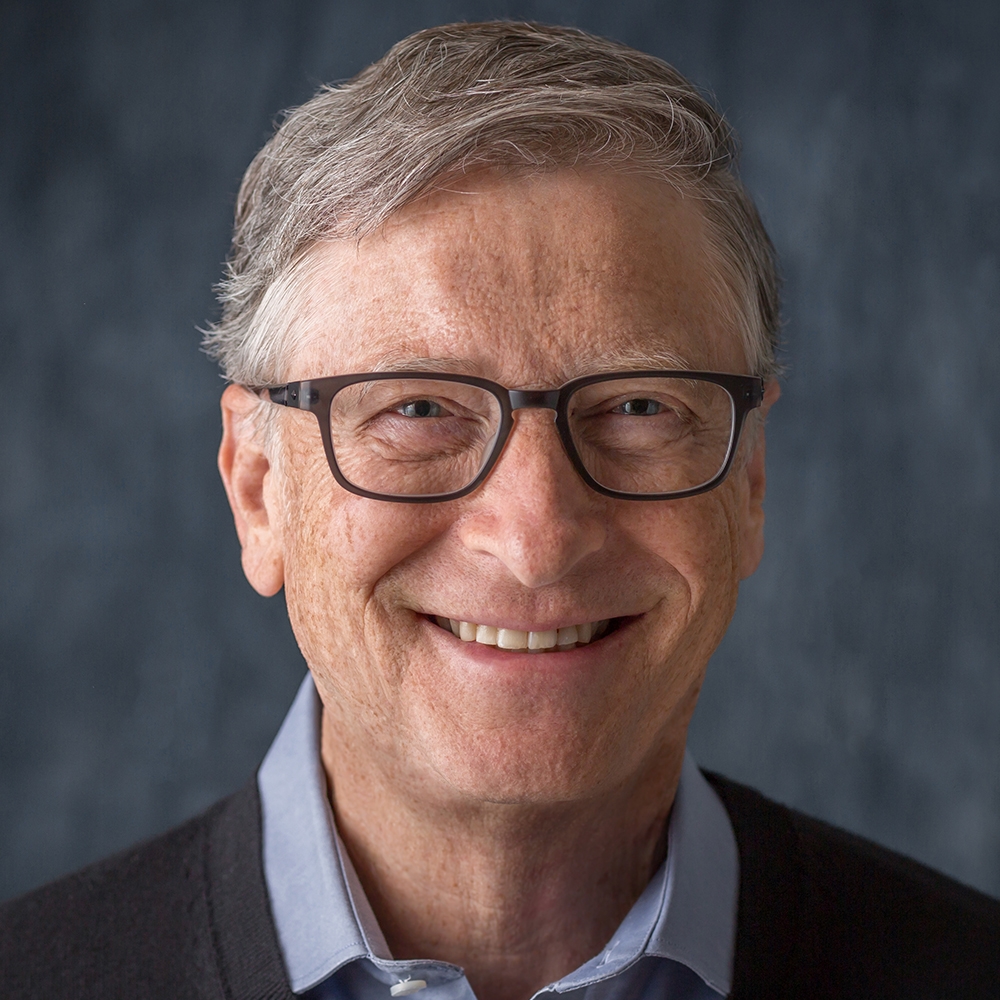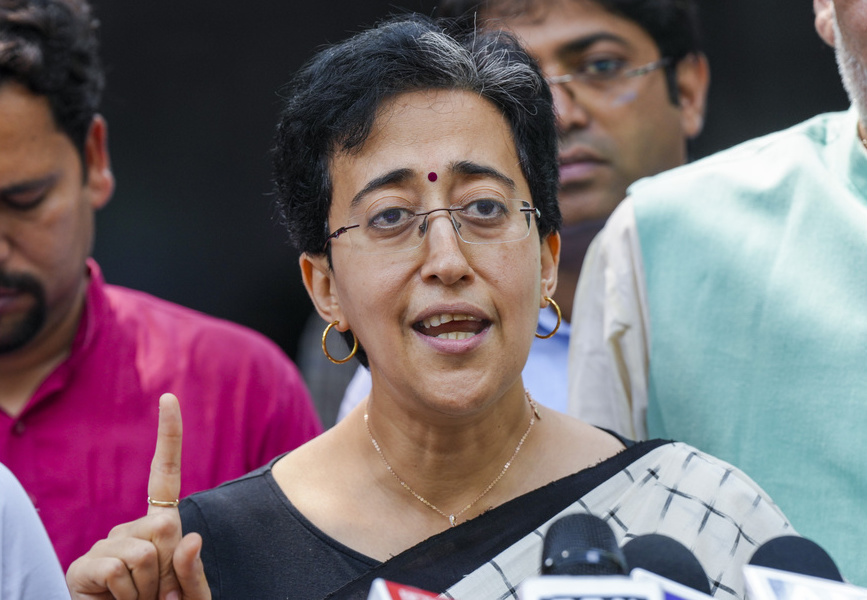Washington, Sept 17: The US-India relationship has entered an era of convergence with solid foundations and bright path ahead, a top Biden administration official has said.
Richard Verma, the Deputy Secretary of State for Management and Resources, said the two nations now have greater convergence on how to work together and how they assess shared global threats and opportunities.
“I think it is safe to say we have entered an era of convergence in US-India ties, especially in the past three and a half years,” Verma said in his address on Monday at an event titled ‘The United States and India: Milestones Reached and the Pathway Ahead’ at the Hudson Institute think-tank.
Verma is the highest-ranking Indian American ever in the State Department.
He said like any other country, the US and India do not agree on everything.
“Yet this is an era that now has solid foundations and a bright path ahead,” said Verma, who served as US Ambassador to India from 2015 to 2017.
There are at least four important vectors — science and technology, building and developing the architecture of the Indo-Pacific and multilateral institutions, defence and trade and people-to-people relationships — where two nations can work together in the coming years.
“So long as we are not complacent and do not take the recent gains of the past quarter century for granted, then I do believe our years ahead can be even better, even stronger, and even more impactful,” he said.
“I wholeheartedly believe this era of convergence will and must continue,” Verma said.
The top American diplomat said it was former president Bill Clinton who once and for all de-linked US-India and US-Pakistan policy.
“Indo-Pak would be set aside in favour of a robust set of policy initiatives that were not only significant, but they were creative, too. There was no more creative and, yes, difficult policy decision than to construct the US-India Civil Nuclear Deal,” he said.
This was a landmark initiative to deliver safe and reliable nuclear energy to India while simultaneously bringing India into the international atomic energy compliance and safety regimes,” he said.
Verma said the deal was critical as it showed that the two countries were willing to bend with history and take extraordinary steps that would have lasting effects.
“That certainly proved to be true. Civil nuclear cooperation led to new advances in defence cooperation,” he added.
The designation of India as a major defence partner of the United States, a designation no other nation holds, is a significant marker of this defence relationship and a testament to strong bipartisan support for the US-India relationship on Capitol Hill, he said.
“Our two militaries understand each other. It wasn’t that long ago that we weren’t really allowed to talk about interoperability or convergence. We now practice and train together,” the Indian-origin diplomat said.
He said the two countries are now jointly developing and producing some of the world’s most sophisticated systems, all in the name of promoting greater peace and stability in the Indo-Pacific and beyond.
The ripple effects of this cooperation should not be underestimated especially when integrated into arrangements like the Quad, he said.
“This leads to another milestone achieved with global ramifications, our joint work in combating climate change. From Copenhagen to Paris, there was a sea change in the approach and mutual commitments made to tackle this global challenge,” he said.
Once India joined the Paris Agreement, many like-minded countries followed, which spurred the rapid move towards a greener, more sustainable future, he added.
Verma said there are challenges in this relationship as well.
“I am clear-eyed about the challenges we face, and there are many. I am concerned, for example, about increasing Russia-China collaboration, especially in the security sphere. This partnership could aid Russia in its unlawful war against Ukraine,” he said.
Russia’s assistance also could give China new capabilities that pose a challenge to the security of the Indo-Pacific, he added.
“I am mindful of the need to deepen our economic cooperation, with clear rules of the road, and more government-to-government efforts to ensure transparency and fairness. I am mindful of the need to continue to support our collective civil societies to ensure every voice is heard and supported, with the freedom to speak out,” he said.
“It is our shared values and the commitment to inclusive, pluralistic, democracies that bind us together in special ways and give us the credibility to speak difficult truths to each other as close friends must,” said the top American diplomat. (PTI)




